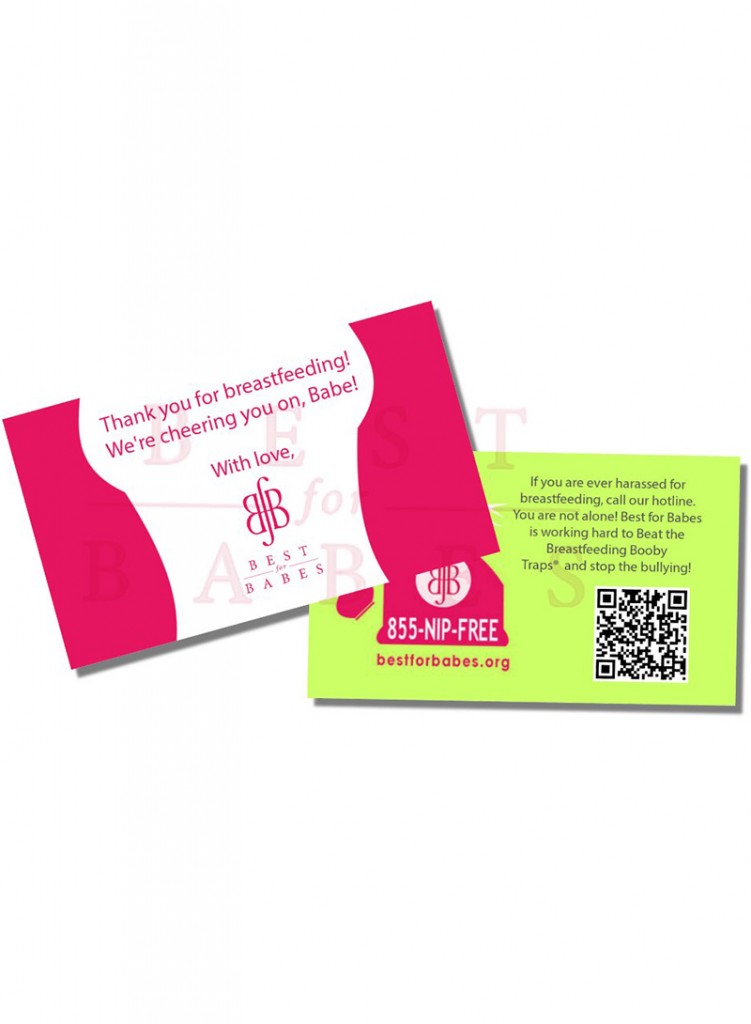Just like other infections, it can resolve itself on its own. However, if you test positive most doctors are going to want to give you antibiotics during your labor to "keep the baby from getting GBS". Antibiotics has been shown to reduce the risk of the baby contracting GBS from 1 in 200 (without antibiotics) to 1 in 4000 (with antibiotics). However, antibiotics have downsides as well. And there are more natural ways to deal with it. This website has lots of good information.
Here are some thoughts though for deciding what to do if you have already been diagnosed with GBS:
- Most women are tested at between 35-37 weeks of pregnancy to determine if there is a risk of a baby becoming infected with GBS. Just like every test during pregnancy you can choose to not be tested for it. If you are not going to do antibiotics (regardless of the results of the test) then it would probably be best to just refuse the test altogether along with the antibiotics for your baby and yourself at the hospital.
- If you have been tested and found to be GBS positive demand to be retested every week until you have your baby since many GBS infections resolve themselves and most doctors will NOT offer to retest you.
- Just because you had GBS before does NOT mean you will have it again and just because you were negative last time does NOT mean you will be negative this time.
- Just because you have a GBS infection does not mean your baby will contract the disease or have any problems. (The stats on that are listed above) However, for some that will be a risk they are willing to take and for others it will not, but either way know what you desire in the area and have it written in your birth plan and stick to your instincts!
Antibiotics aren't the end of the world, but they do cause some problems, such as thrush, antibiotic resistance in children, stays in the NICU and inability to "room in" in certain hospitals and all that can lead to issues breastfeeding. But your choices must be right for you and your family.
-Always consult a trusted medical professional about your medical decisions and do your own research!-
The Cowgirl Doula



